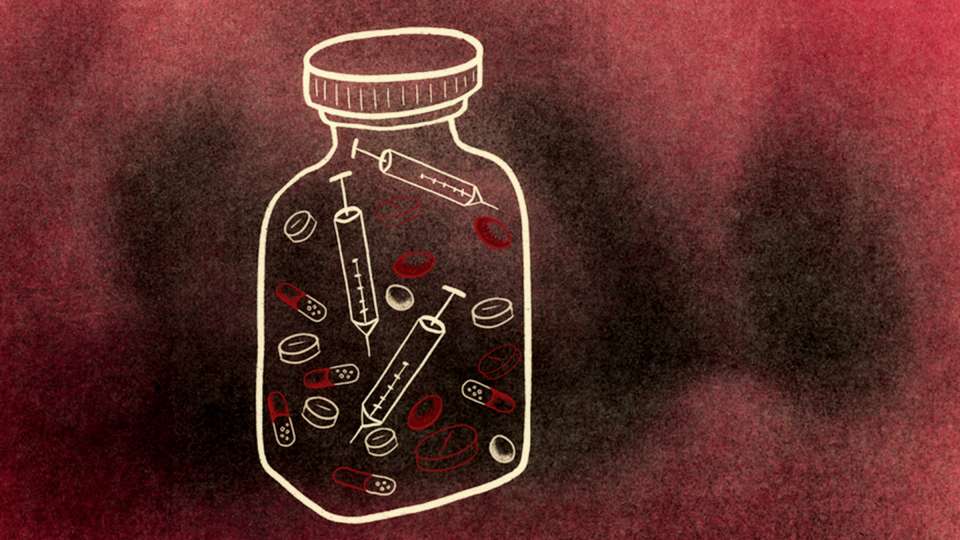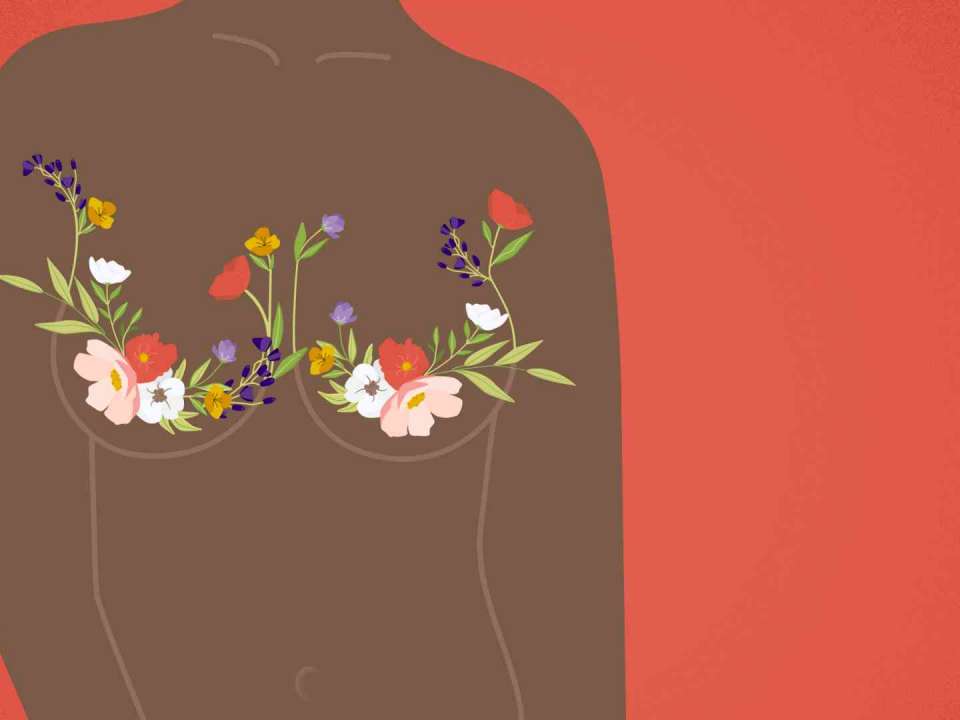
Imagine a world where you can get protection from opioid overdose as easily as getting your annual flu shot. Or where it’s possible to provide lifesaving treatment for someone who is overdosing without causing withdrawal.
At UW Medicine, Marco Pravetoni, director of the Center for Medication Development for Substance Use Disorders and Overdose, hopes to make this idea a reality.
Opioids are a class of drugs that includes prescription painkillers such as oxycodone, hydrocodone, morphine and fentanyl, which are intended for safe use in pain management and surgical procedures under medical guidelines. However, their misuse beyond the medical guidelines, illegal use for recreation and the use of the illicit manufactured synthetic opioid fentanyl or heroin can be devastating because of the opioids’ addictive potential and the risk of overdose.
Since 1999, more than 550,000 people in the U.S. have died from prescription and illicit opioid overdose. And since 2020, more than 100,000 people have died of overdose each year in the U.S., with the majority of cases driven by fentanyl.
While opioid use disorder and opioid overdose are currently treated with medications meant to replace opioids (methadone), prevent their effects (naltrexone) or reverse effects (naloxone), Pravetoni is taking a different approach: He is developing opioid vaccines and monoclonal antibodies that would block the effects of opioids. And the most exciting news? So far, it’s working.
To pursue translation of these discoveries from bench to clinical testing, Pravetoni has parentered with Dr. Sandra Comer, a professor of Neurobiology in the Department of Psychiatry at Columbia University and director of the Opioid Laboratory in the Divison of Substance Use Disorders. The Pravetoni-Comer team is the first to reach phase one clinical trials with an opioid vaccine for oxycodone. Plus, they are developing vaccines for other opioids and a monoclonal antibody treatment that could be used to save lives by reversing the effects of overdose.
How would the opioid vaccines work?
To understand how the vaccines work, it helps to first know how opioids affect your body.
When you snort, smoke, ingest or inject opioids, they move through your bloodstream to your brain and attach to opioid receptors, which causes the receptors to release signals that lessen your pain and boost feelings of pleasure or euphoria. Similar mechanisms are also associated with respiratory depression (aka not breathing), the primary cause of fatal overdose.
The opioid vaccines disrupt this process by stimulating your immune system to develop antibodies against the specific opioids. If exposed, your antibodies will bind to the drug and block it from getting to your brain (no opioid in your brain, no toxicity and risk of overdose).
“I would say it’s a sponge that mops up the drug,” Pravetoni says. “When the antibodies bind to the opioid, the drug is no longer active. The antibodies neutralize and prevent the drug’s effects.”
Put simply, in laboratory studies in rodents, the vaccine prevented the harmful effects of opioid use that can cause overdose and death. Preliminary clinical data from the small, initial study showed that the people who have been given the vaccine have minimal adverse events. Ultimately, Pravetoni is hopeful that the vaccines can be used to help prevent people in recovery from relapsing to opioid use or overdosing on opioids.
One catch is that the vaccine would require multiple injections over several weeks or months, which means if a person hasn’t completed the vaccination they aren’t protected against overdose. However, Pravetoni and his team have thought of how to remedy this, too.
How would the monoclonal antibodies work?
If opioid vaccines are a shield against opioid use, then you can think of monoclonal antibodies as an antidote.
Like the antibodies generated by the opioid vaccines, the monoclonal antibodies bind to the opioid, neutralize it and prevent it from getting to your brain. They also reduce the toxicity of opioids in your brain as well as its harmful effects on your heart and lungs. The difference is that the monoclonal antibodies don’t need to build up over time, so they can act immediately.
“The goal of monoclonal antibodies is they could be given to someone who is overdosing and rescue them,” Pravetoni says.
The researchers are leading the field in opioid treatment research, which means that the clinical data are not yet available. Still, initial lab findings show that not only do the monoclonal antibodies reverse overdose, but they also do not trigger withdrawal symptoms. The team hopes to initiate clinical trials of monoclonal antibodies within two years, pending completion of manufacturing and gaining acceptance by the Food and Drug Administration.
Pravetoni believes that combining the immunotherapies such as vaccines and monoclonal antibodies with current medication treatments such as naloxone (aka Narcan), will save lives, lessen withdrawal and shorten hospital stays.
“Imagine being able to give a lower dose naloxone plus the monoclonal so that the person is less likely to experience withdrawal and so whatever naloxone isn’t covering the monoclonal protects against,” he says.
When will the opioid vaccine and monoclonal antibodies be available?
“That is the million-dollar question,” Pravetoni says.
The research team is currently conducting human, clinical trials of a vaccine for oxycodone (sometimes called by its brand name OxyContin). They are planning to start trials on a heroin and fentanyl vaccine soon — around 2024. Ultimately, developing new treatment takes time and money.
“It really boils down to what resources you have and how much money you have,” Pravetoni says. “If we have lots of money, maybe five years. No money, maybe 15.”
While the monoclonal antibody treatment is in earlier stages than the vaccines they also take less time to conduct clinical trials, so Pravetoni is optimistic.
“That’s the perks of trying to develop the two strategies of monoclonal antibodies and vaccines at the same time. We want to reach patients as fast as possible,” he says.
Why opioid vaccines and monoclonal antibodies are groundbreaking news
It’s all about providing people with more and better treatment options.
Currently, treatments such as methadone are safe and effective. However, their use is limited because they can be hard to access and can unfortunately come with stigma. And while Naloxone is a miracle drug to rescue people from overdose, sometimes fentanyl overdoses may require additional or higher doses to be effective. Adding different and additional treatment options means increasing care and providing additional and better options for people. And that means saving lives.
“These vaccines could open up a lot more avenues for a more diverse patient population,” Pravetoni says. “That is what we are hoping to achieve.”
The vaccines also won’t interfere with other treatments, meaning people can combine current medications with the vaccines for the best possible outcomes. And vaccines and antibodies also will not interfere with critical care medications such as anesthetics needed during surgery or birth.
“If you have methadone plus a vaccine and behavioral counseling, you have a trifecta of care for patients from different angles. That was my vision from day one,” Pravetoni says.

 Healthy ideas for your inbox
Healthy ideas for your inbox





